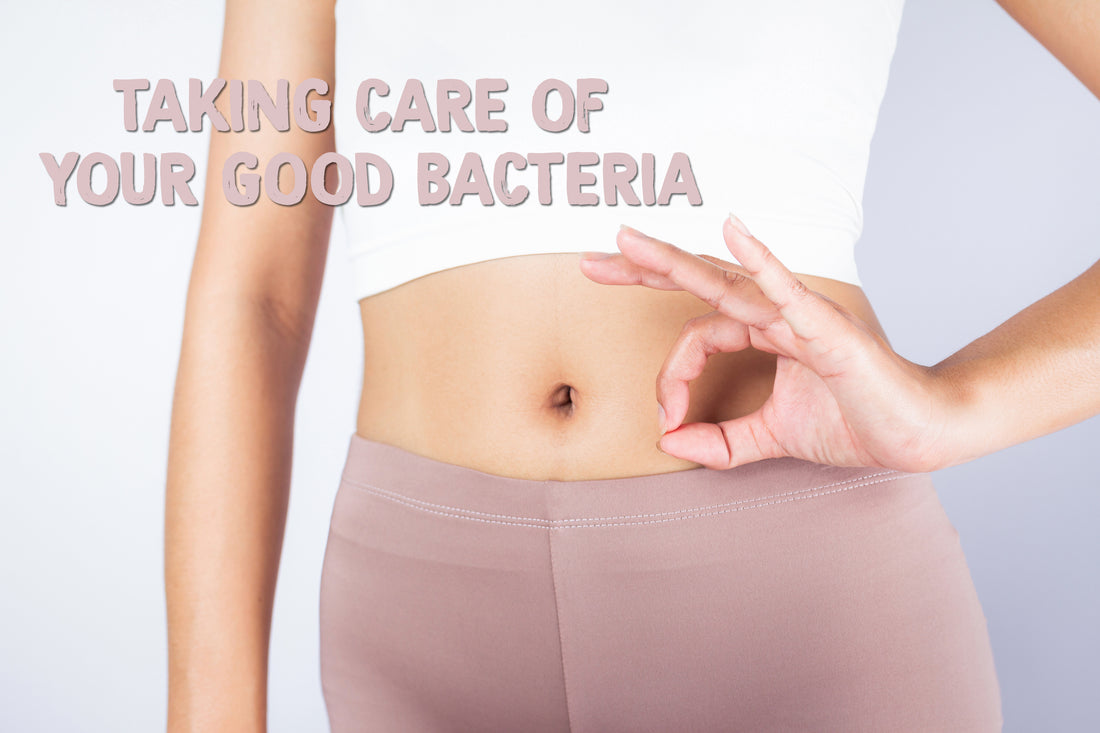In a previous post, we have discussed in detail the different roles our gut microbiome plays in our body. We have seen how important it is for our overall health, however, in order to keep good bacteria profile you must know what can damage it. In this first two-part post, we’ll talk about the dangers of pharmaceuticals to gut microbiota and in a second part, we’ll talk about what can alter your microbiota profile on a regular basis.
PART I: ANTIBIOTICS, TETRACYCLINES AND OTHER DRUGS
ANTIBIOTICS:
Antibiotics are one of the most commonly prescribed medications in the world. Chronic use of this type of medication can change the microbiota profile of our gut for bad [1]; even more, abuse and/or auto medication of antibiotics makes pathogenic bacteria resistant to them, making it hard to further treat infection due to ineffectiveness.

The damaging effect of antibiotics hits mainly two major groups of essential and beneficial bacteria: Lactobacilli and Bifidobacteria while promoting the growth of pathogenic Proteus, Streptococci, and Staphylococci [2]. Growth in the population of these bad bacteria populations can predispose a person to develop a digestive disorder like IBS (Irritable Bowel Syndrome) [3]. Remember typic diarrhea while taking antibiotics? It is a common effect of antibiotics wiping off your beneficial gut bacteria.
TETRACYCLINES:
Usually prescribed to teenagers to treat mild to severe acne, lasting as short as 3 months and as long as 2 years.

Tetracyclines have a particular effect on the gut mucous walls of membrane; they damage it, and when a membrane loses its structure, it becomes useless. Gut mucous membrane –a thick protective fluid- is part of our immune system, that once damaged, leaves us prone to get sick very easily.
OTHER DRUGS:
Pain killers or analgesics like aspirin and ibuprofen are often prescribed for long periods of time to people with chronic pain. These drugs stimulate the growth of bad bacteria like Campylobacter which is capable of causing disease [4].

Steroid drugs like Hydrocortisone and Dexamethasone can also damage gut microbiota, this is because they have a strong immunosuppressing ability which weakens the body’s defense system leaving it prone to infection [5]. Remember that the good gut bacteria is a vital part of our defense system since it keeps on the bay the overgrowth of bad bacteria.
In the last 60 years, we have seen a tremendous increase in drug use; it has almost become a normal part of our lives to take some sort of prescription. It is very important to highlight that the higher the dosage and the duration of drug use the higher the damage to our bodies.
Therefore it’s crucial to create the conditions for beneficial bacteria to thrive in order to get the incredible cascade of positive processes and chemicals a healthy gut microbiota produces. A very effective way to support the growth of beneficial bacteria is to introduce to the diet a good source of prebiotics, which as explained in a previous post, is a powerful way to make sure beneficial bacteria thrive.

In the second part of this post, we’ll discuss diet, disease and other factors that can diminish your good bacteria.
Subscribe to our newsletter so you don’t miss any of our posts.
REFERENCES - Written by Antonio Reyes RDN
-
Gibson GR, Roberfroid MB (1999). Colonic Microbiota, Nutrition, and Health. Kluwer Academic Publishers, Dodrecht.
-
Baranovski A, Kondrashina E. Colonic dysbacteriosis and dysbiosis. Saint Petersburg Press, 2002.
-
Bjarnason I et al. Intestinal permeability, an overview. (Review). Gastroenterology, 1995.
-
Toskes PP. Bacterial overgrowth of the gastrointestinal tract. Adv Int Med, 1993.
-
Vorobiev AA, Nesvizski UV (1997). Human microflora and immunity. Review.

